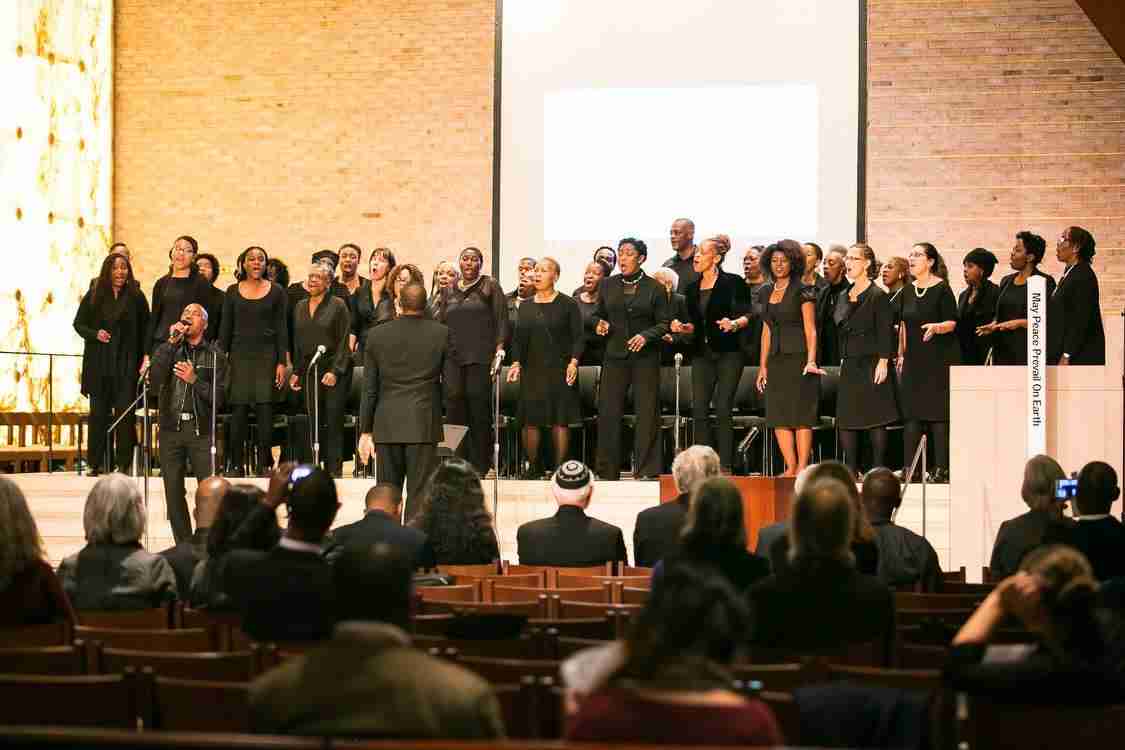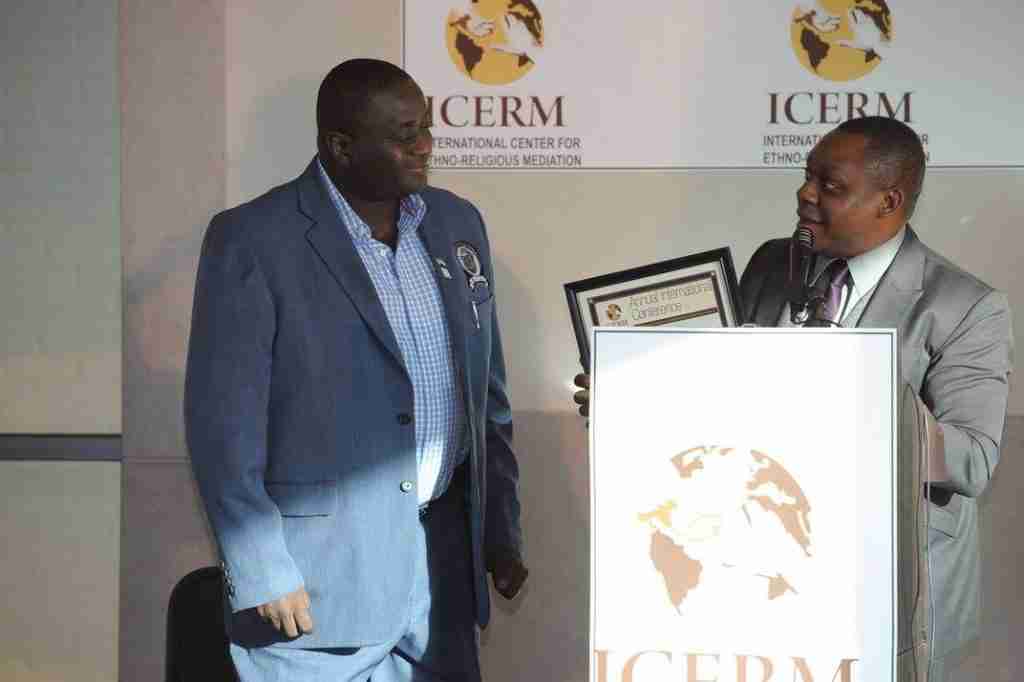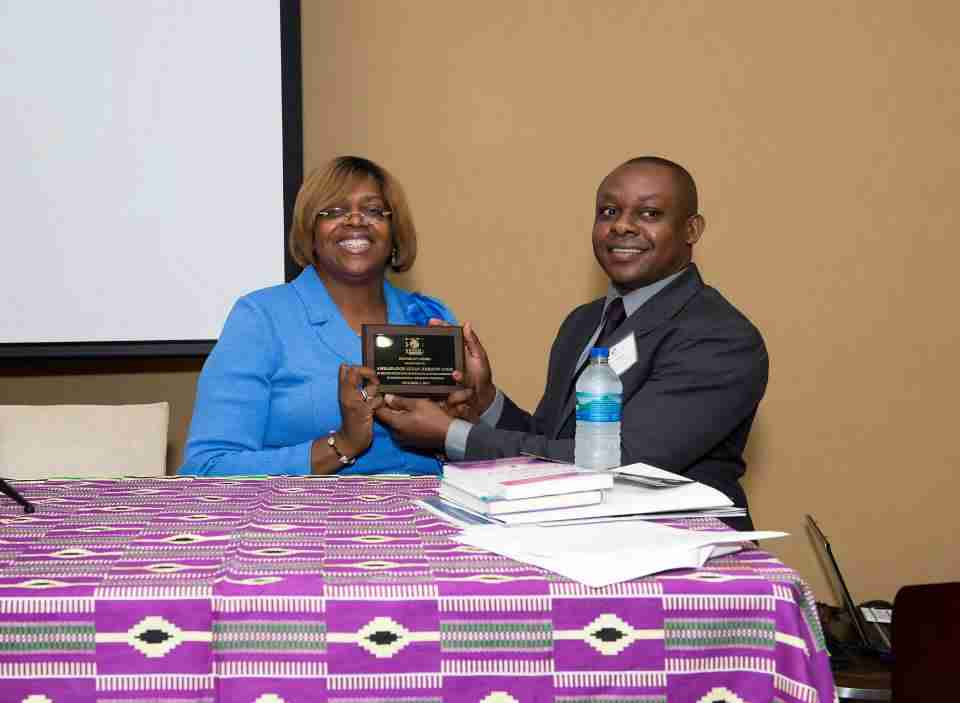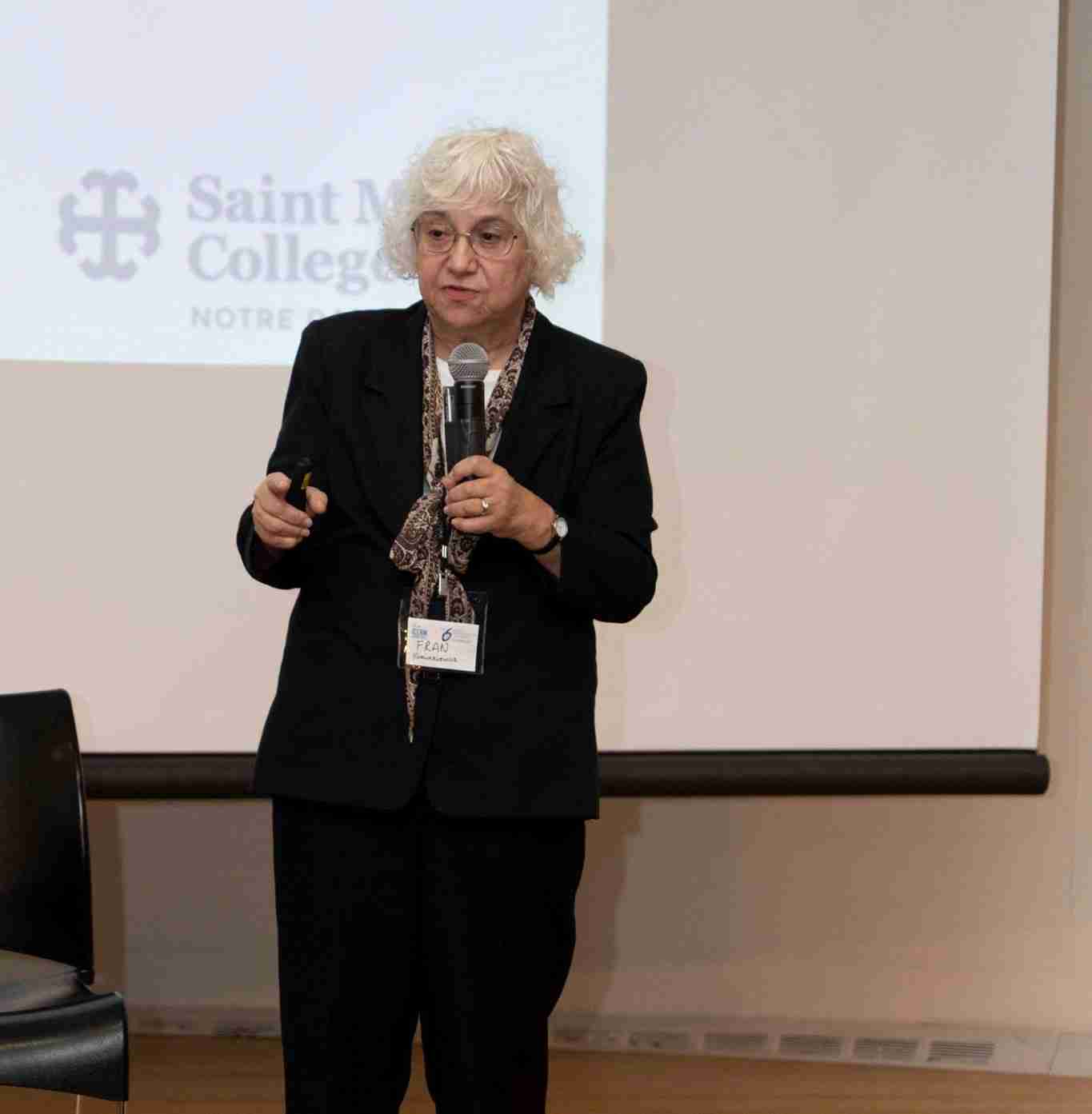Religion is one of the socioeconomic phenomena with undeniable impacts on humanity anywhere in the world. As sacrosanct as it seems, religion is not only important to the understanding of the existence of any indigenous population but also has policy relevance in the interethnic and developmental contexts. Historical and ethnographic evidence on different manifestations and nomenclatures of the phenomenon of religion abound. The Igbo nation in Southern Nigeria, on both sides of the Niger River, is one of the largest black entrepreneurial cultural groups in Africa, with unmistakable religious fervour that implicates sustainable development and interethnic interactions within its traditional borders. But the religious landscape of Igboland is constantly changing. Until 1840, the dominant religion(s) of the Igbo was indigenous or traditional. Less than two decades later, when Christian missionary activity commenced in the area, a new force was unleashed that would eventually reconfigure the indigenous religious landscape of the area. Christianity grew to dwarf the dominance of the latter. Before the centenary of Christianity in Igboland, Islam and other less hegemonic faiths arose to compete against indigenous Igbo religions and Christianity. This paper tracks the religious diversification and its functional relevance to harmonious development in Igboland. It draws its data from published works, interviews, and artefacts. It argues that as new religions emerge, the Igbo religious landscape will continue to diversify and/or adapt, either for inclusivity or exclusivity among the existing and emerging religions, for the survival of the Igbo.










